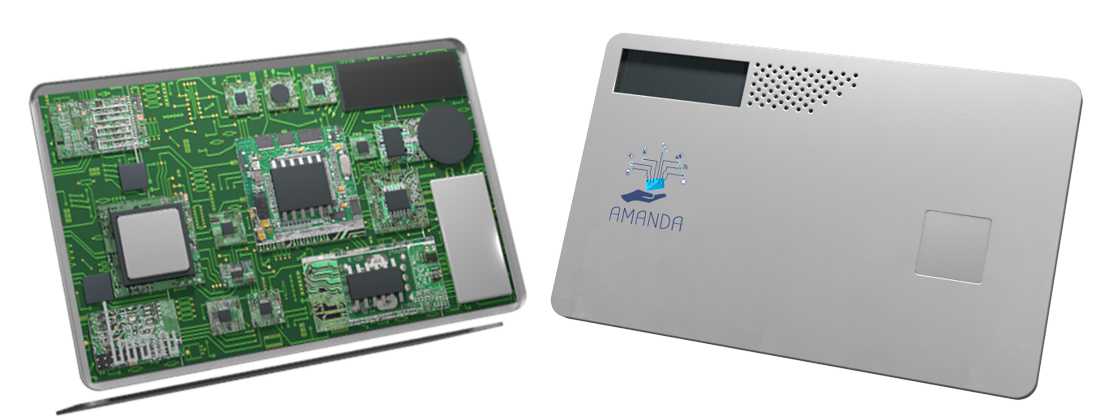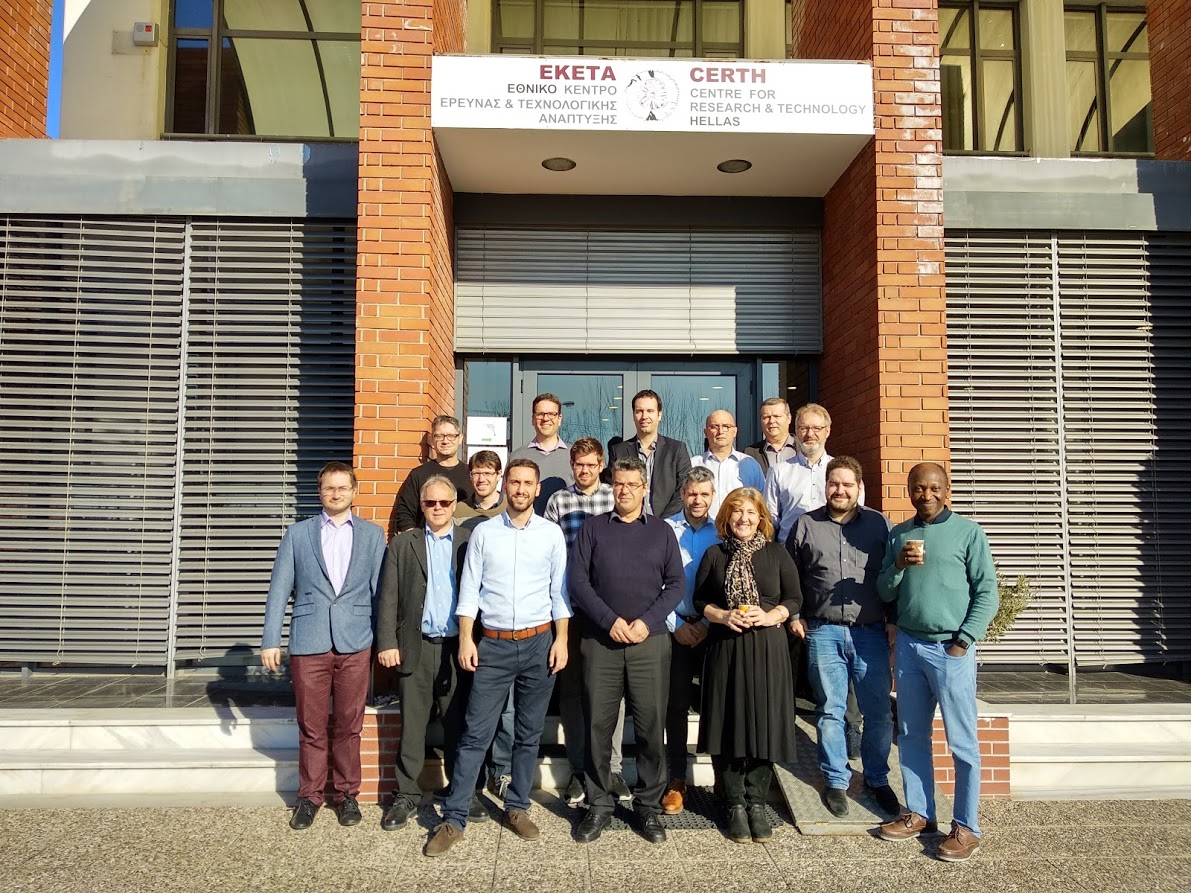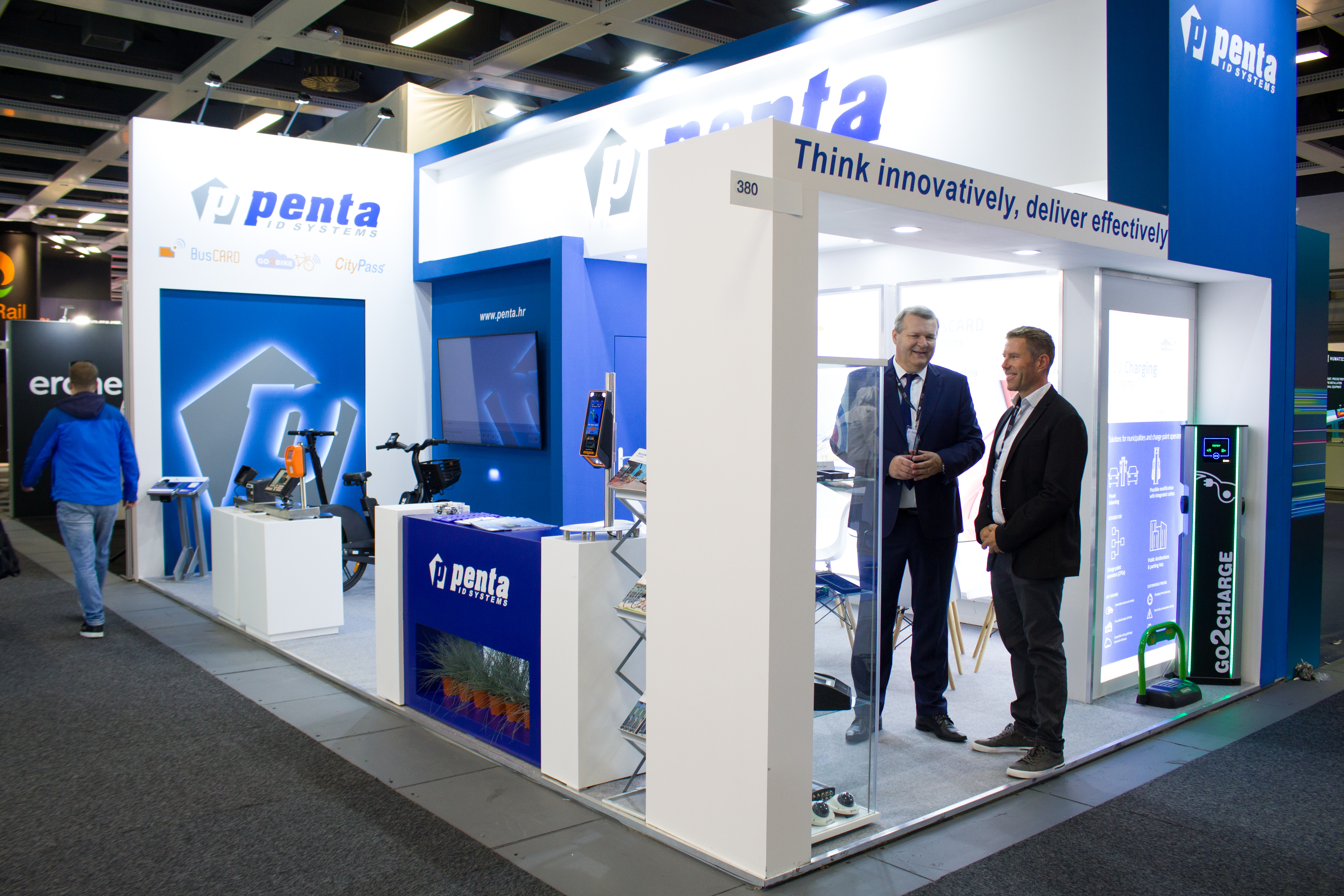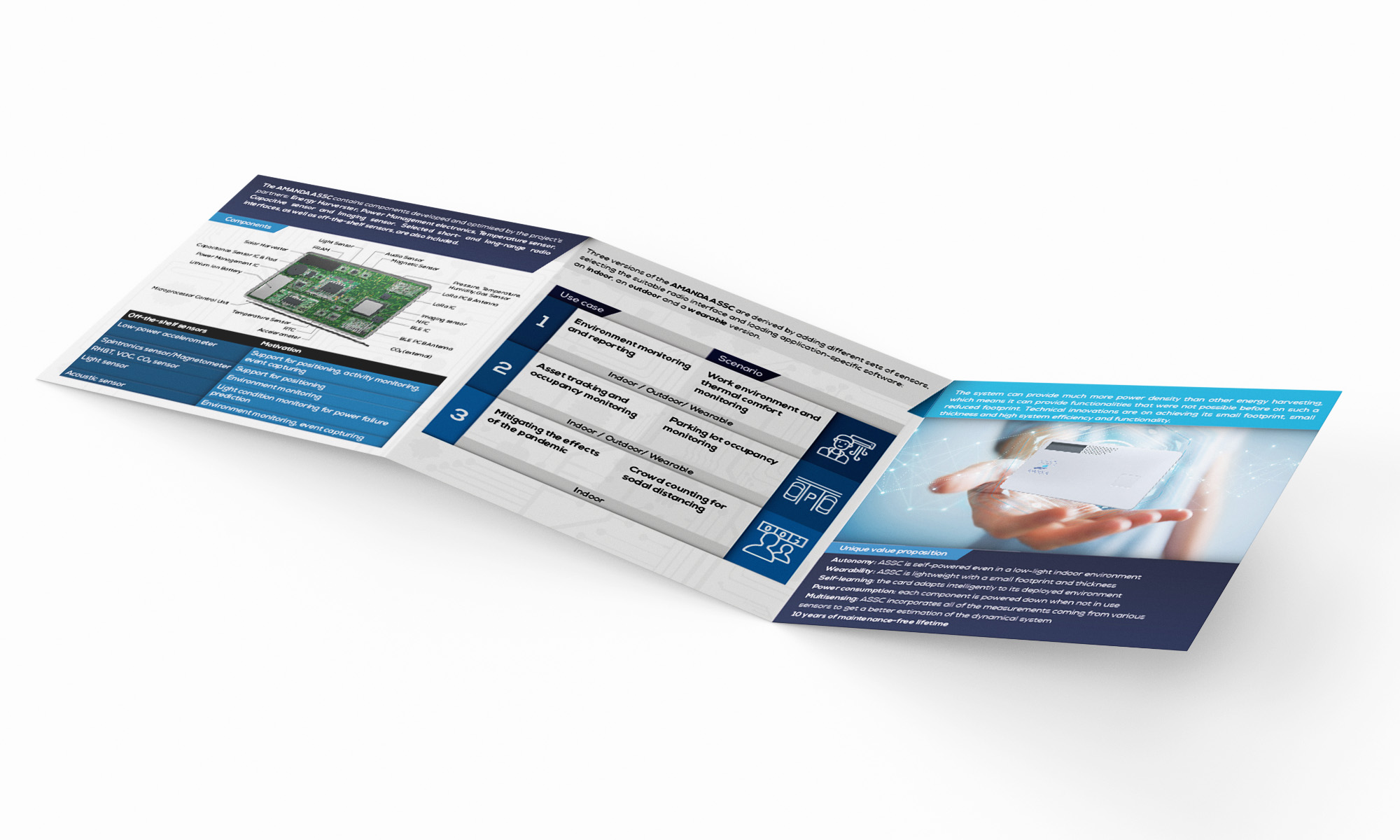Impact
AMANDA stretches the limits of Electronic Smart Systems (ESS) autonomy (in terms of energy, decision making, and maintenance-free lifetime extension) and miniaturization with the ultimate goal to develop and successfully validate a cost-attractive next generation Autonomous Smart Sensing Card (ASSC) that will serve multi-sensorial IoT applications for smart living and working environments.
The project targets the global electronic smart systems market that was valued at $25.96 bn / $72.39 bn by the end of 2023, with a CAGR of 18.64% in the forecasted period (2018 - 2023). In this context, the project consortium acknowledges the necessity to undertake the proposed research and deliver the envisaged technological assets that will help boosting the competitiveness of its industrial partners, while strengthening the scientific and technological excellence of the research/academic ones.
Call Expected IMPACT 1: European Technology leadership in ESS performances (functionalities, size, reliability, manufacturability, cost…)
Call Expected IMPACT 2: Improving ESS manufacturing capabilities in Europe
Call Expected IMPACT 3: Increasing ESS Market penetration in emerging digital economy sectors
Call Expected IMPACT 4: Creating new opportunities for digitisation in traditional sectors and improving user acceptance
Call Expected IMPACT 5: Attract a substantial number of new users, from industry (in particular SMEs and midcaps) and academia, to advanced technologies.
Call Expected IMPACT 6: Increased industrial investments and open innovation marketplace for ESS technologies.
Call Expected IMPACT 7: Increased cooperation and synergy across electronic technology areas, promoting joint, multi-disciplinary initiatives.
Call Expected IMPACT 8: Stimulating the involvement of industry in longer term research and innovation activities.






















